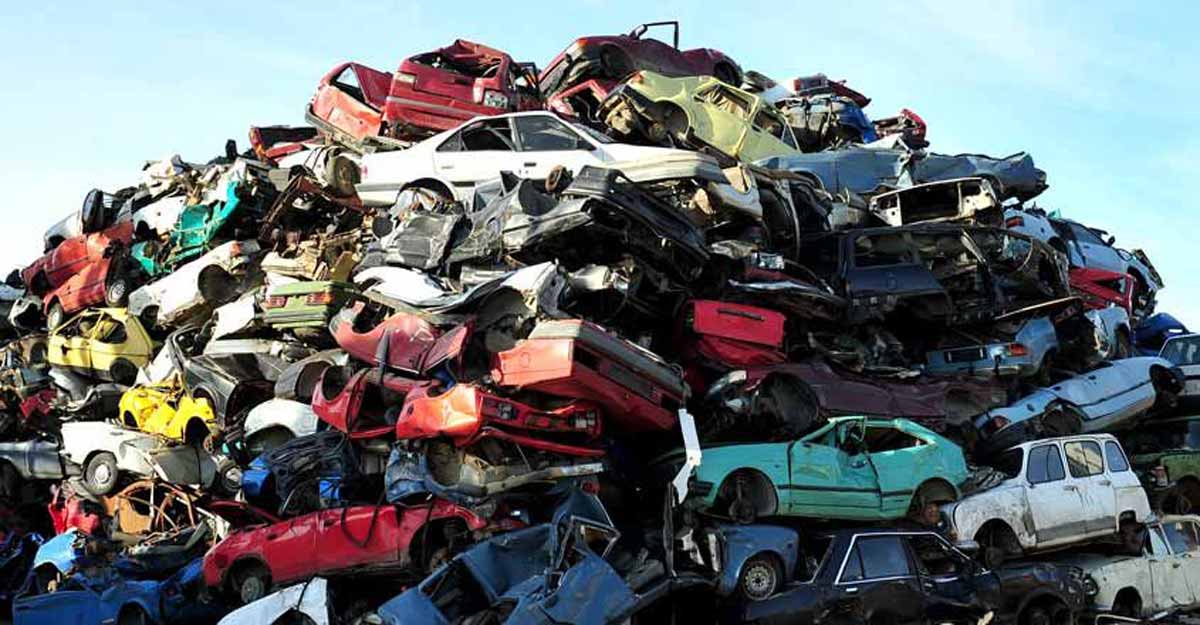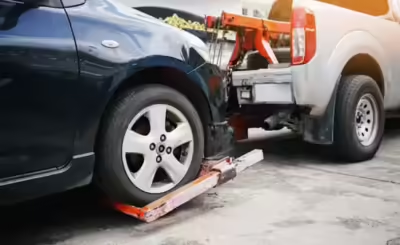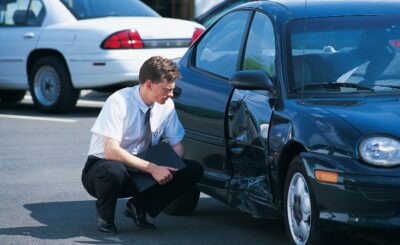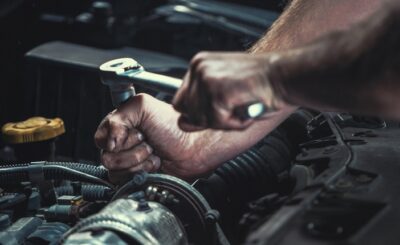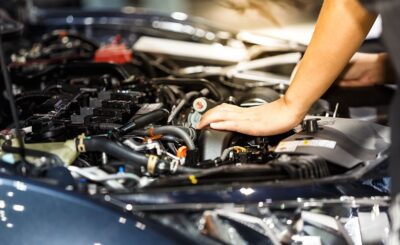Selling a scrap car can feel like closing a chapter in your life, but have you ever wondered what happens to your vehicle once it’s out of your hands? The journey of a scrap car is quite fascinating and involves several steps that are crucial for recycling, environmental conservation, and even repurposing valuable materials. In this blog post, we’ll dive deep into the auto salvage process, the environmental impact, and how companies offering cash for cars and car removal services play a significant role in this ecosystem.
The Auto Salvage Process: From Your Driveway to the Recycler
- Initial Assessment and Valuation
When you decide to sell your scrap car, the first step usually involves contacting a car removal service or a company offering cash for cars. These companies will assess the condition of your vehicle, either through photographs, a detailed questionnaire, or an in-person inspection. Based on this assessment, they provide a valuation, which takes into account the make, model, age, and condition of the car.
- Towing and Transportation
Once you accept the offer, the next step is towing and transportation. Most car removal services offer free towing, making the process convenient for you. The vehicle is then transported to an auto salvage yard or a recycling facility where it undergoes further inspection.
- Draining Fluids and Hazardous Materials
At the salvage yard, the first step in the recycling process is to drain all fluids from the vehicle. This includes engine oil, transmission fluid, brake fluid, and coolant. Proper disposal of these fluids is essential to prevent environmental contamination. In addition to fluids, other hazardous materials like batteries and airbags are also removed and safely disposed of or recycled.
- Dismantling and Parts Reclamation
Next comes the dismantling phase, where the car is taken apart piece by piece. Usable parts such as engines, transmissions, alternators, and tires are removed, cleaned, and tested for resale. These reclaimed parts can be sold to individuals or businesses looking for affordable, high-quality components. This step is crucial as it promotes the reuse of materials, reducing the need for new manufacturing.
- Shredding and Metal Separation
After all reusable parts are salvaged, the car’s remaining structure is sent to a shredder. The shredding process breaks down the vehicle into small pieces, which are then sorted into different types of metals using powerful magnets and other separation technologies. These metals are then sold to metal recycling companies, where they are melted down and repurposed for various industries, including automotive, construction, and manufacturing.
The Environmental Impact: Reducing Waste and Promoting Sustainability
Reducing Landfill Waste
One of the most significant benefits of scrap car recycling is the reduction of landfill waste. Vehicles contain numerous materials that can be harmful to the environment if left to decompose in a landfill. By recycling these materials, we can minimize the ecological footprint and make better use of our resources.
Conserving Natural Resources
The recycling process conserves natural resources by reducing the need for new raw materials. For instance, recycling steel from scrap cars reduces the demand for iron ore mining, which can be both environmentally damaging and resource-intensive. Similarly, recycling aluminum, copper, and other metals helps in conserving these finite resources.
Energy Savings
Recycling metals require significantly less energy compared to producing them from raw materials. For example, recycling aluminum saves up to 95% of the energy needed to produce it from bauxite ore. These energy savings translate to reduced greenhouse gas emissions, contributing to the fight against climate change.
The Role of Cash for Cars and Car Removal Services
Convenience and Efficiency
Companies offering cash for cars and car removal services make the process of disposing of a scrap car incredibly convenient. They handle everything from valuation and towing to dismantling and recycling, allowing you to contribute to environmental conservation without any hassle.
Economic Benefits
These services also provide economic benefits by offering competitive prices for scrap cars. This not only puts extra cash in your pocket but also supports local economies by creating jobs in the auto salvage and recycling industries.
Legal Compliance
Professional car removal services ensure that your vehicle is disposed of legally and ethically. They handle all necessary paperwork, including title transfer and deregistration, ensuring that you are not held liable for any future issues related to the vehicle.
Conclusion: A New Beginning for Your Old Car
The journey of a scrap car doesn’t end when you sell it; rather, it embarks on a new life cycle that benefits the environment, economy, and society. The auto salvage Adelaide process involves meticulous steps to reclaim valuable materials, reduce waste, and conserve natural resources. Companies offering cash for cars and car removal services play a pivotal role in making this process seamless and efficient.
So, the next time you decide to part ways with your old vehicle, remember that it’s not just a farewell—it’s an opportunity for renewal and sustainability. By choosing to recycle your scrap car, you’re contributing to a greener, more sustainable future.


